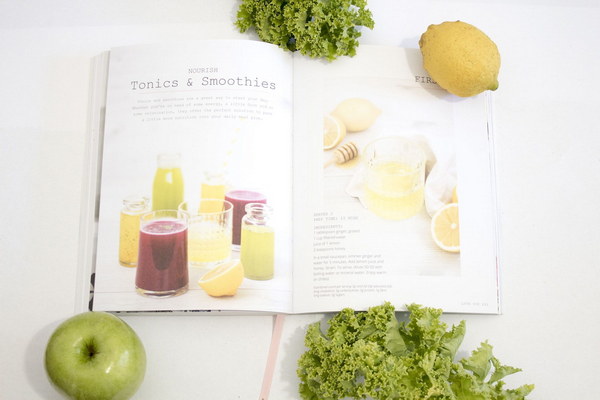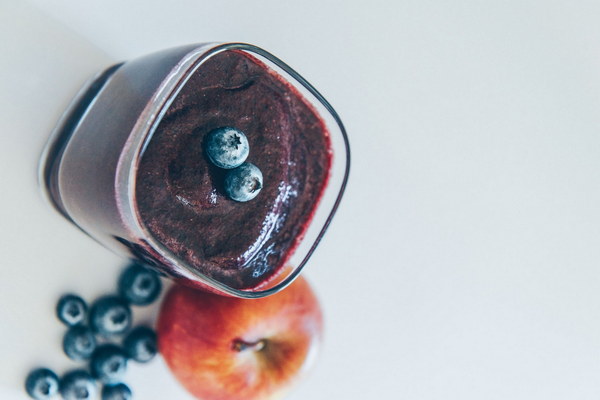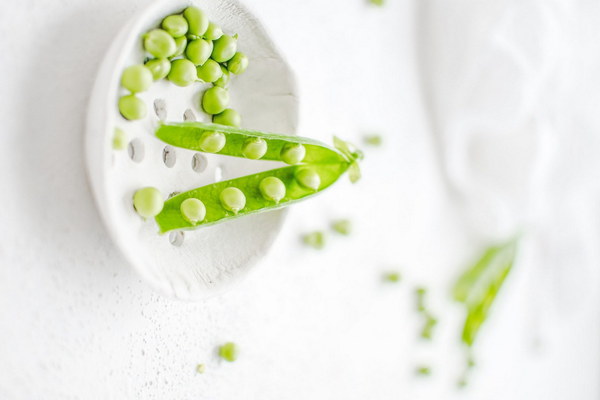The Ultimate Guide to Womens Liver Care How to Nourish and Protect Your Liver
Introduction:
The liver is one of the most vital organs in the human body, responsible for numerous functions such as detoxification, metabolism, and blood clotting. For women, it is even more crucial to maintain a healthy liver, as they are more prone to certain liver diseases. This article will provide you with essential tips on how to nurture and safeguard your liver.
1. Nutrition:
A balanced diet is key to liver health. Here are some recommendations:
a. High-fiber foods: Incorporate fiber-rich foods such as whole grains, fruits, and vegetables into your daily meals. This helps in reducing the risk of fatty liver disease and promotes healthy digestion.
b. Antioxidants: Consume foods rich in antioxidants, such as berries, green leafy vegetables, and nuts. These nutrients help protect the liver from oxidative stress.
c. Healthy fats: Include sources of healthy fats, like avocados, olive oil, and fatty fish (e.g., salmon, mackerel), in your diet. These fats aid in liver function and reduce inflammation.
d. Limit alcohol consumption: Excessive alcohol intake can lead to liver damage. Women are more susceptible to alcohol-related liver disease, so it is essential to limit alcohol consumption or avoid it altogether.
2. Hydration:
Staying hydrated is essential for liver health. Water aids in the removal of toxins from the liver and helps maintain normal liver function. Aim for at least 8-10 glasses of water per day.

3. Exercise:
Regular physical activity is beneficial for overall health and liver function. Engaging in moderate exercise for at least 30 minutes a day can help improve liver health, reduce the risk of fatty liver disease, and enhance metabolism.
4. Avoiding toxins:
Minimize your exposure to harmful substances that can damage your liver:
a. Avoid smoking: Smoking can increase the risk of liver disease and hinder liver function.
b. Limit exposure to pesticides: Choose organic produce whenever possible and wash fruits and vegetables thoroughly before consumption.
c. Be cautious with medications: Some over-the-counter and prescription medications can affect liver function. Consult with your doctor about any concerns or potential side effects.
5. Manage stress:
Chronic stress can lead to liver inflammation and other health issues. Practice stress-reduction techniques such as meditation, yoga, or deep breathing exercises to keep your liver healthy.
6. Regular health check-ups:
Schedule regular appointments with your healthcare provider to monitor your liver health. Early detection of liver diseases can lead to timely treatment and better outcomes.
Conclusion:
Taking care of your liver is essential for overall health and well-being. By following these tips on nutrition, hydration, exercise, avoiding toxins, managing stress, and maintaining regular health check-ups, you can ensure your liver stays healthy and functioning optimally. Remember, a healthy liver is the cornerstone of a healthy life.









